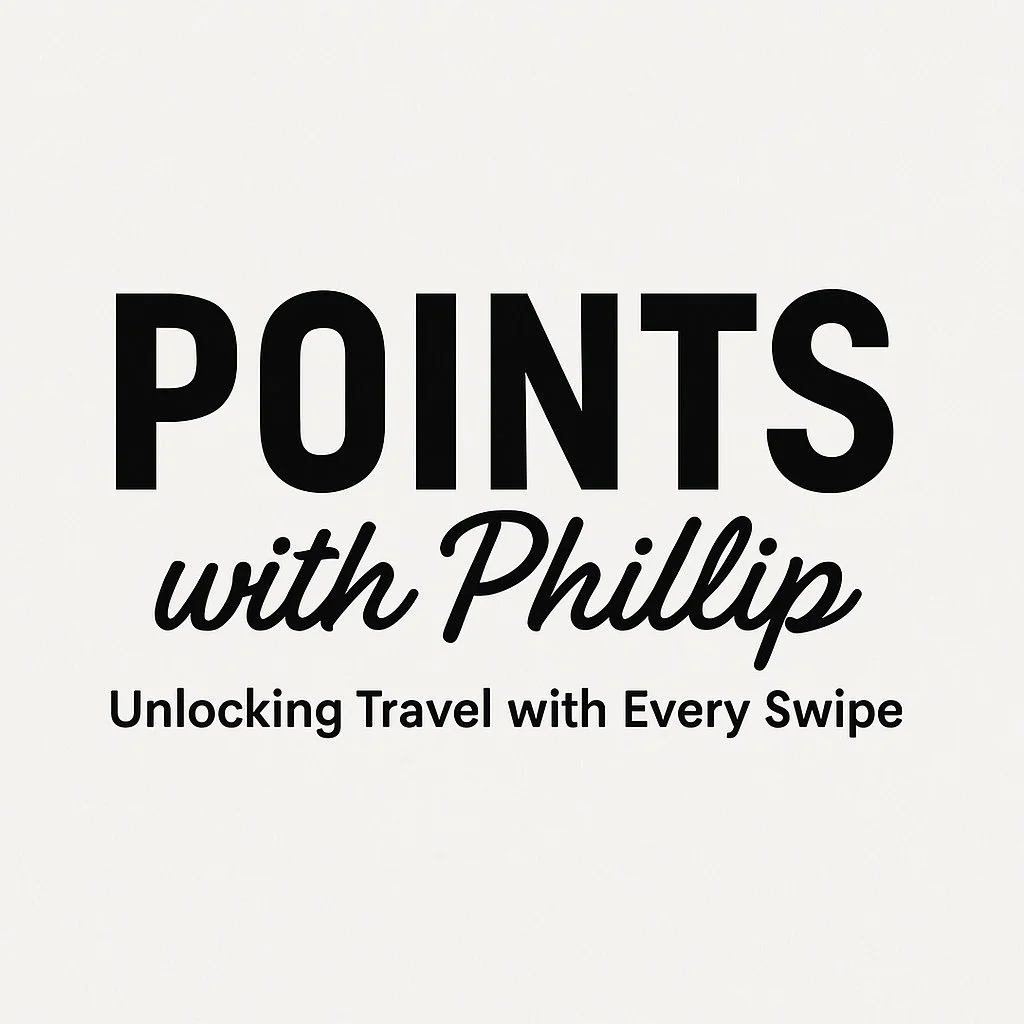Is the Apple Card Worth the Hype? A Deep Dive
Hey there, tech and finance enthusiasts! Points of Phillip here, ready to break down the Apple Card and answer the big question: Is it worth all the buzz?
When the Apple Card launched, it made waves. But let's face it, the credit card landscape is crowded. Does this tech-branded card truly deliver? Let's find out.
Breaking News: Chase Could Take Over the Apple Card!
Before we dive into the details, HUGE NEWS! Sources indicate that Chase is in talks to take over the Apple Card from Goldman Sachs! Apple executives have gone on record saying Chase is their preferred partner. While Goldman Sachs' agreement with Apple Card runs through 2030, they're happy for Apple to find someone else to take over the card.
Why this matters: This potential shift could mean changes to the Apple Card's features, benefits, and overall experience. It's rumored the Apple Card could change entirely in the near future. Stay tuned for updates!
One potential sticking point in the deal is the Apple Savings account, which is currently linked to the Apple Card within the Apple Wallet app. It's theorized that Chase could take over the credit card portion, while Goldman Sachs could retain the savings account business, especially considering Chase doesn't offer a competitive high-yield savings option.
Apple Card: The Basics
Let's get into the core features of the Apple Card.
Annual Fee: $0 – A major win!
Earning Structure: This is where things get interesting:
3% Daily Cash Back: On Apple purchases (products, App Store, services) and at select merchants using Apple Pay:
Ace Hardware
Booking.com
ChargePoint
Duane Reade
Exxon and Mobil Gas Stations
Nike
T-Mobile
Uber
Uber Eats
Walgreens
2% Daily Cash Back: When using Apple Pay at other merchants.
1% Daily Cash Back: On all other purchases, including using the physical titanium card.
The Catch: Earning that sweet 3% and 2% requires using Apple Pay. Using the physical card only nets you 1%, which is a bummer considering how sleek that titanium card is!
Max Rewards Gold: Your Secret Weapon
Speaking of maximizing rewards, are you keeping track of all of your credits and perks of your premium travel cards? Then you need Max Rewards Gold! It's an app that tracks all your credit card accounts, credits, and coupons. It even tells you which card to use at which store to maximize points.
Apple Card Perks: Beyond the Rewards
User-Friendly App: The Apple Wallet interface is clean, intuitive, and helps you understand how to avoid credit card interest.
24/7 Text Support: Convenient customer service is just a text away.
Apple Card Monthly Installments: Interest-free financing on new iPhones, MacBooks, iPads, and other Apple products. This is a huge benefit for Apple enthusiasts!
No Welcome Bonus: Currently, the Apple Card doesn't offer a standard welcome bonus, although targeted bonuses have appeared in the past.
Apple Card vs. the Competition: How Does It Stack Up?
The Apple Card positions itself as a great daily card, especially if you use Apple Pay. But how does it compare to other popular "catch-all" cards?
Let's take a look at some key competitors:
City Double Cash Card:
No annual fee
$200 cash back after spending $1,500 in the first 6 months
2% cash back on everything (1% when you make a purchase, 1% when you pay it off)
Chase Freedom Unlimited:
No annual fee
$200 cash back after spending $500 in the first 3 months
3% cash back on dining and drugstores
5% cash back on travel booked through Chase Travel
1.5% cash back on all other purchases
Purchase protection, extended warranty protection, and travel insurance
Capital One Venture Rewards Credit Card:
$95 annual fee
75,000 miles after spending $4,000 in the first 3 months
2x miles per dollar on all purchases
The Verdict:
Welcome Bonus: The Apple Card falls behind if you're not targeted for a welcome bonus.
Earning Structure: If you religiously use Apple Pay and shop at the 3% merchants, the Apple Card can be competitive. However, the City Double Cash offers a flat 2% on everything, no Apple Pay required. The Chase Freedom Unlimited is also a strong contender with its bonus categories.
Perks: The Apple Card's interest-free installments are great for Apple product purchases. The Chase Freedom Unlimited offers a wider range of benefits for peace of mind.
Who is the Apple Card For?
Apple Fanatics: If you're deeply invested in the Apple ecosystem and use Apple Pay for almost everything, the Apple Card might be a good fit.
Beginners: The simple interface and lack of fees make it appealing to those new to credit cards.
Those Who Want to Avoid Annual Fees: The Apple Card's greatest strength is its lack of an annual fee.
The Final Verdict
The Apple Card isn't a bad card, but it's far from the best. If you're not already invested in the Apple ecosystem, better cards offer welcome bonuses, better rewards, and more flexibility. For the average person, the City Double Cash or Chase Freedom Unlimited offer greater value.
What are your thoughts on the Apple Card? Let me know in the comments below!
